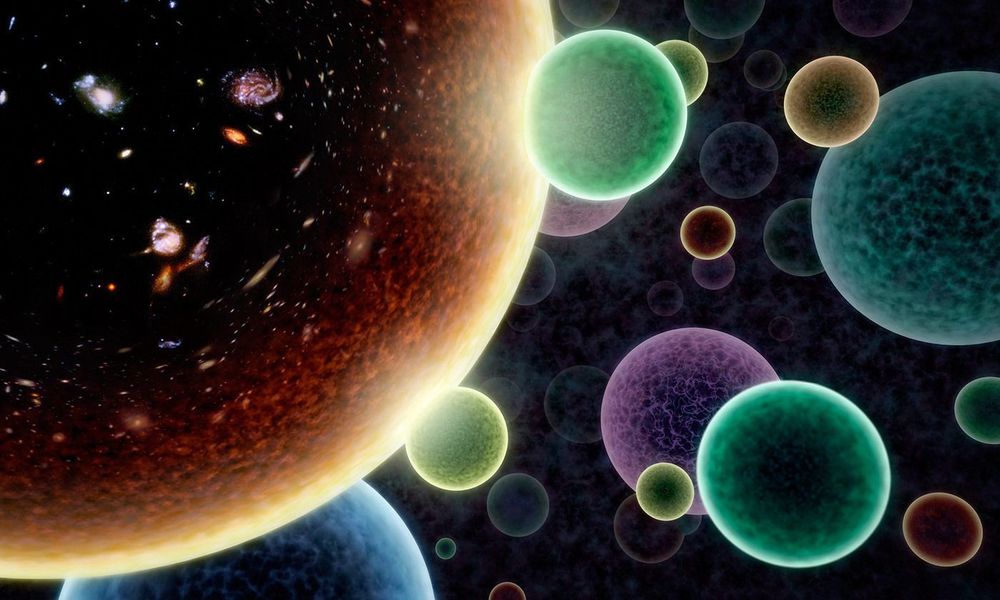Physicists aren’t often reprimanded for using risqué humour in their academic writings, but in 1991 that is exactly what happened to the cosmologist Andrei Linde at Stanford University. He had submitted a draft article entitled ‘Hard Art of the Universe Creation’ to the journal Nuclear Physics B. In it, he outlined the possibility of creating a universe in a laboratory: a whole new cosmos that might one day evolve its own stars, planets and intelligent life. Near the end, Linde made a seemingly flippant suggestion that our Universe itself might have been knocked together by an alien ‘physicist hacker’. The paper’s referees objected to this ‘dirty joke’; religious people might be offended that scientists were aiming to steal the feat of universe-making out of the hands of God, they worried. Linde changed the paper’s title and abstract but held firm over the line that our Universe could have been made by an alien scientist. ‘I am not so sure that this is just a joke,’ he told me.
Fast-forward a quarter of a century, and the notion of universe-making – or ‘cosmogenesis’ as I dub it – seems less comical than ever. I’ve travelled the world talking to physicists who take the concept seriously, and who have even sketched out rough blueprints for how humanity might one day achieve it. Linde’s referees might have been right to be concerned, but they were asking the wrong questions. The issue is not who might be offended by cosmogenesis, but what would happen if it were truly possible. How would we handle the theological implications? What moral responsibilities would come with fallible humans taking on the role of cosmic creators?
Theoretical physicists have grappled for years with related questions as part of their considerations of how our own Universe began. In the 1980s, the cosmologist Alex Vilenkin at Tufts University in Massachusetts came up with a mechanism through which the laws of quantum mechanics could have generated an inflating universe from a state in which there was no time, no space and no matter. There’s an established principle in quantum theory that pairs of particles can spontaneously, momentarily pop out of empty space. Vilenkin took this notion a step further, arguing that quantum rules could also enable a minuscule bubble of space itself to burst into being from nothing, with the impetus to then inflate to astronomical scales. Our cosmos could thus have been burped into being by the laws of physics alone. To Vilenkin, this result put an end to the question of what came before the Big Bang: nothing.









Comments are closed.